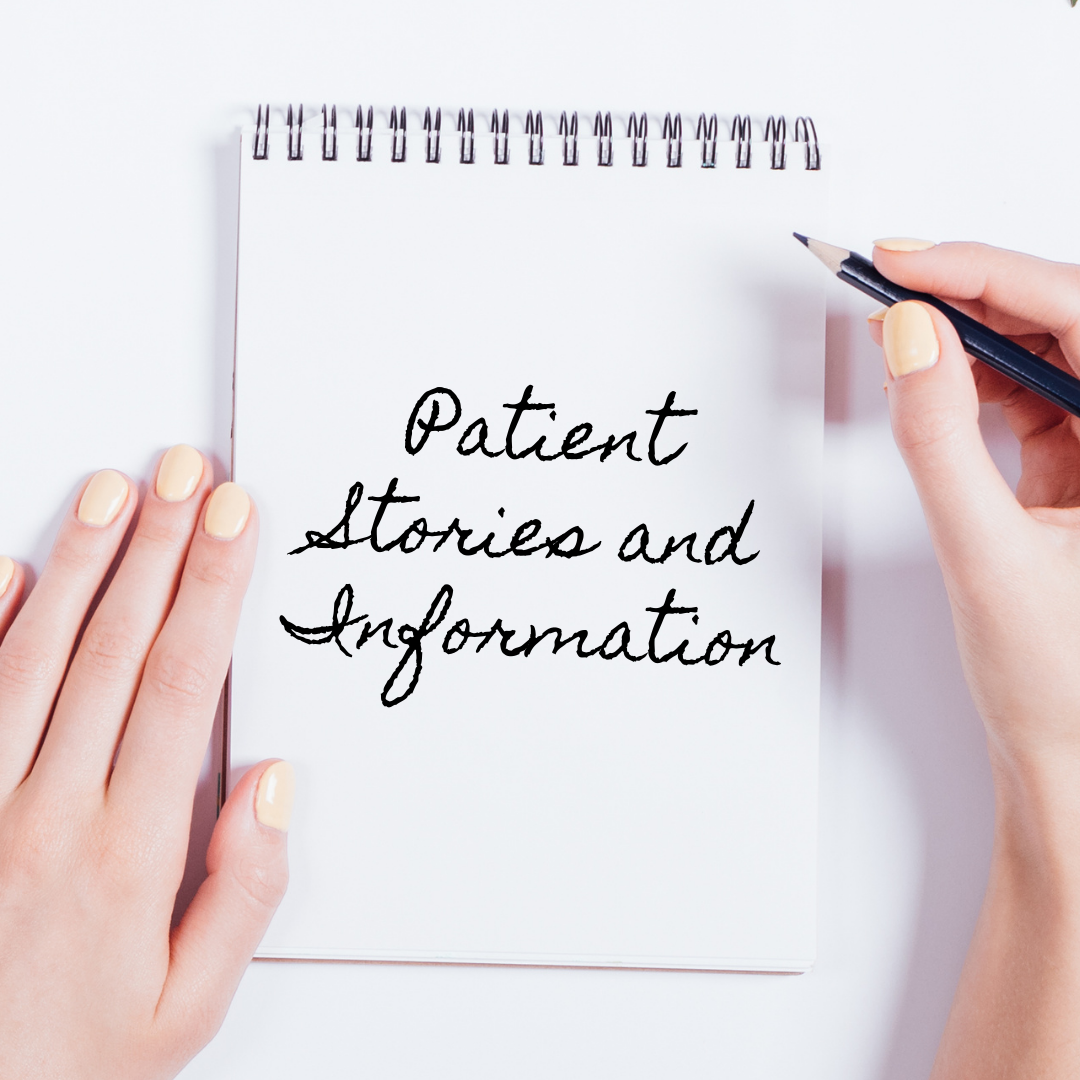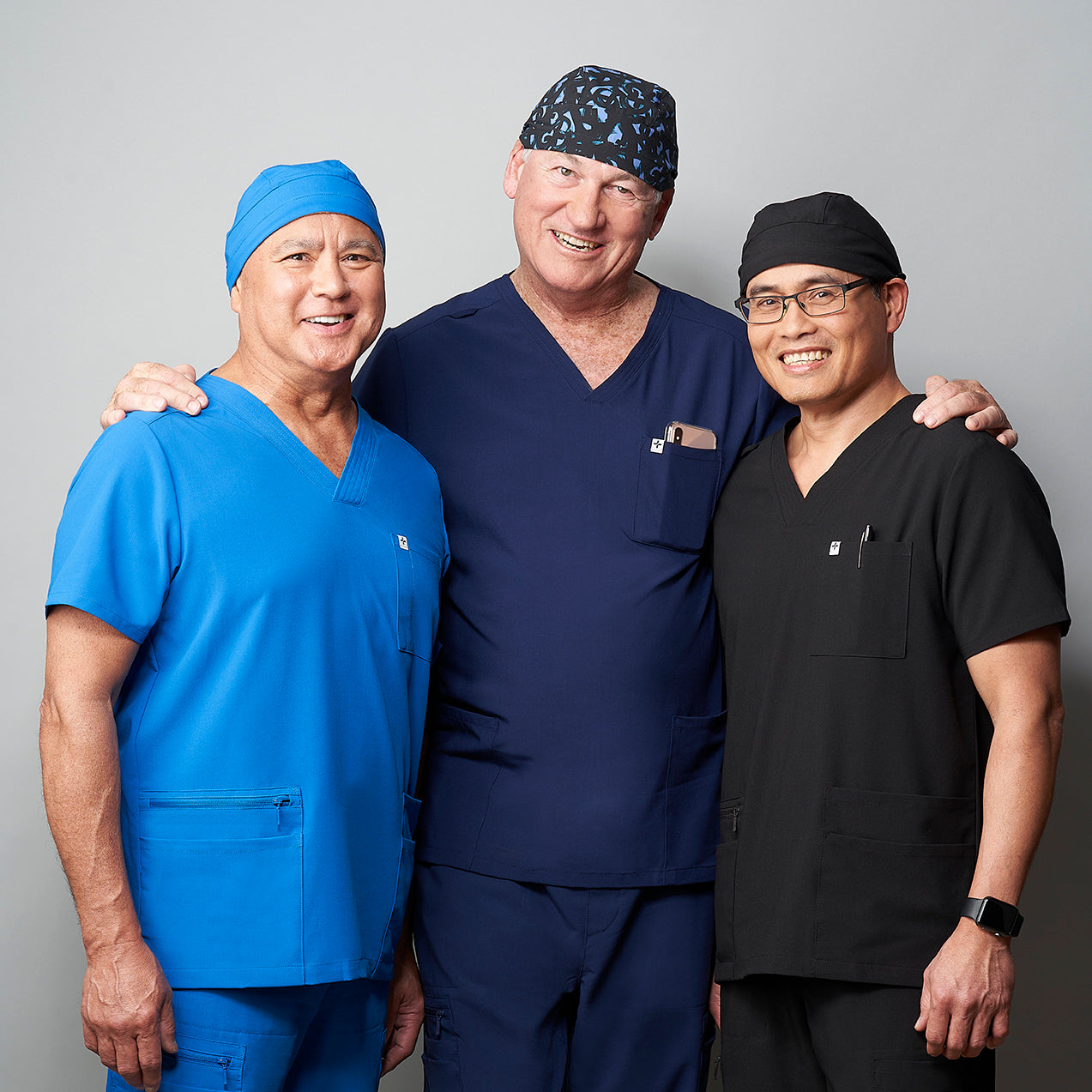
April is a dedicated optometry student currently navigating her clinical rotations, where she’s gaining hands-on experience and developing her skills as a future healthcare provider. With a deep commitment to her patients, she goes beyond just providing clinical care—she emphasizes the importance of empathy, clear communication, and emotional support.
April believes that true care means understanding the person as a whole, and her passion for supporting patients through their health journeys shines through in everything she does.
Continue reading to explore April’s perspective on compassionate care in optometry and the powerful impact of building trust and being present with patients.
The Importance of Clear Communication and Empathy
During my clinical rotations, one case that stands out was a patient experiencing sudden vision loss in one eye. The patient was understandably anxious, and there was a lot of uncertainty surrounding their condition. After thorough testing, it was determined that the patient was experiencing a retinal detachment. During this process, I saw how crucial it was to communicate with patience, clarity, and empathy. I still remember when the patient said, “Thank you for not just telling me what was wrong, but also for explaining it in a way that made me feel like I wasn’t alone.” That level of trust and connection left a lasting impact on me, reminding me that as a healthcare provider, my role isn’t just to treat the condition but to walk alongside the patient through the uncertainty, offering both medical expertise and emotional support.
Love and Care: More Than Just Clinical Expertise
In optometry, “love and care” means more than just providing clinical expertise—it’s about genuinely caring for the whole person and meeting them where they are. It means showing empathy, patience, and respect for each individual’s unique situation. I try to listen actively to my patients, not only focusing on their visual health but also taking into account how their vision and other conditions affect their daily life, work, and well-being. For example, with glaucoma patients, the anxiety of potentially losing vision can be overwhelming. I’ve learned that a big part of my role is to help guide them through the process, help them understand the condition, and provide insight and hope through treatment options. But I also recognize the importance of making them feel heard and supported, whether that’s through offering additional resources or simply making sure they feel comfortable and confident in our treatment plan moving forward.
Building Trust Through Reassurance and Connection
Building trust in optometry involves clear communication and reassurance. Many patients come in with concerns about their eyesight, which can be a source of anxiety, especially when dealing with conditions that could affect their quality of life. I always try to explain each step of the examination process so the patient understands what to expect. I also think it’s important to take a few moments to simply connect on a human level. Asking about their day, showing empathy when they express their concerns, and being fully present in the moment can make a big difference in how comfortable they feel. When patients sense that you’re invested in their well-being, beyond just the technical aspects of their care, it helps to create a safe and trusting environment.
The Power of Being Present: A Key to Patient Care
As a current optometry student on my clinical rotations, this year has been a big learning curve in terms of gaining confidence and independence in the exam room. A lot of our focus is spent on clinical diagnoses and trying to match up our didactic teachings to clinical cases, but my advice would be to never underestimate the power of simply being present with your patients. Getting the right diagnosis and treatment plan is important, but the emotional aspect of healthcare is just as crucial. A patient’s journey often involves fear, frustration, or uncertainty, and being there for them emotionally—whether through a kind word, active listening, or reassurance—can make a big difference.
Follow April on Instagram to learn more about her journey in healthcare.










Leave a comment (all fields required)